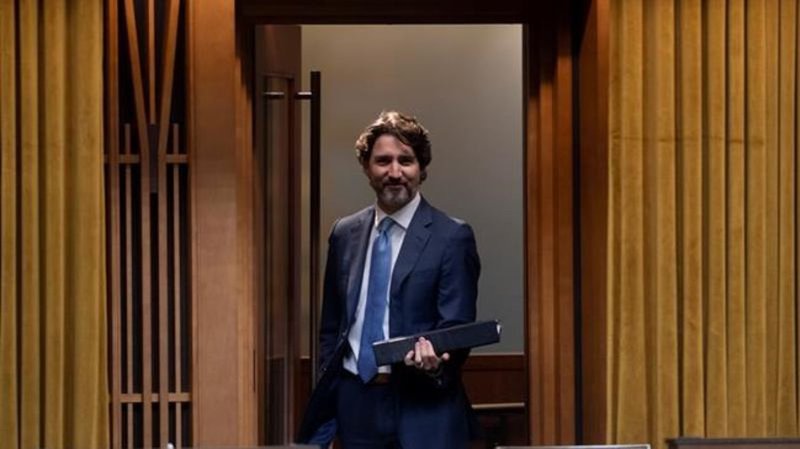
Gradual reopenings and the battle against superbugs; In The News for May 14
In The News is a roundup of stories from The Canadian Press designed to kickstart your day. Here is what’s on the radar of our editors for the morning of May 14 …
—
COVID-19 in Canada ….
OTTAWA — Canada is slowly beginning to emerge from its COVID-19 cocoon, with the federal government poised to announce a gradual reopening of national parks and heritage sites and more provinces taking the first halting steps toward a return to normal.
